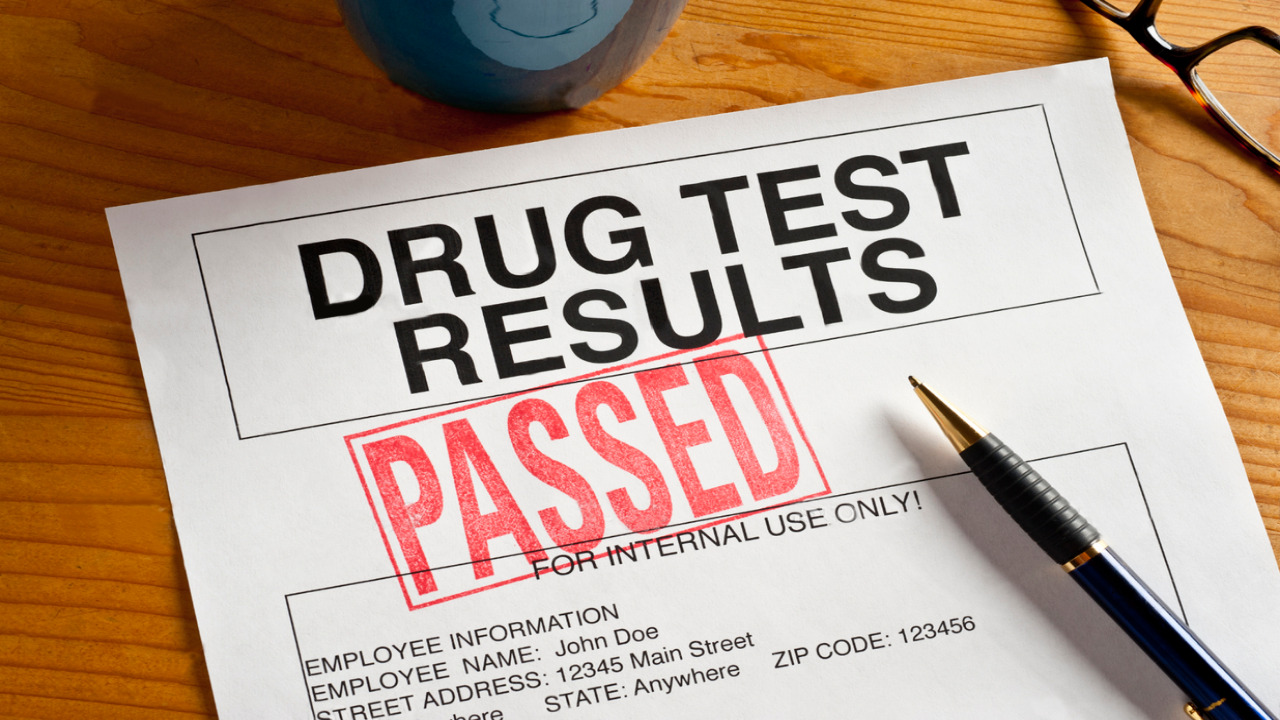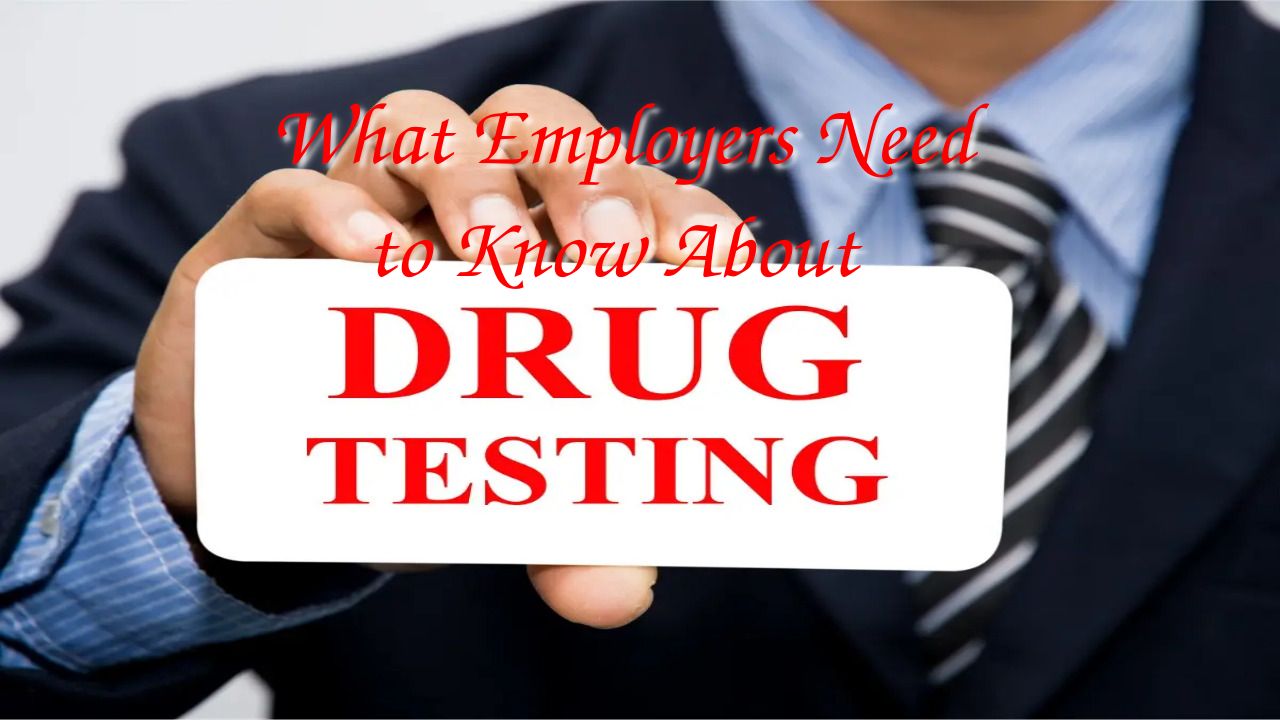Employers always want top-notch workers for their open positions. However, evaluating a potential job candidate based solely on his or her resume and during an interview cannot fully reveal all of the important information about a person’s background or lifestyle. To make sure that the professionals you’re going to hire are really the right fit for the job, you can do a background check before you hire them. Testing for drug use can be an equally important part of the pre-employment screening.
Why do employers need it?

Pre-employment drug screening and random drug tests can help employers save money and keep the workplace safe. After all, drug and alcohol abuse among employees leads to lower productivity, more absenteeism, higher health care costs, and accidents in the workplace.
The peculiarities of drug testing
Various organizations test for drugs in a person’s body before admitting them to their workforce. Employers can also selectively drug test their employees, for example, after an extended absence from work or an injury. In many companies, recruitment services ask potential employees to take drug tests before they are hired, and the possibility of further cooperation depends directly on the results of these tests. There are several testing methods that require samples of human body material (urine, saliva, blood, or sweat), and tests for all sorts of substances may also be required.
Among the most common drugs to test for are often six substances: amphetamine, methamphetamine, marijuana, morphine, benzodiazepine, and barbiturates. The testing itself may take place in three stages: a collection of biomaterial and general screening, which will help to confirm or deny the presence of drugs in the body; confirmatory screening if the initial screening gave a positive result; and providing results on the selected drugs to the job candidate and his potential employer.
What makes drug testing so important?

Drug screening is an important way to protect workplace safety, including pre-employment drug tests, random employee tests, and reasonable suspicion, or drug screening after an accident, an extended absence, etc. Illegal substance use is one of the most common problems in the world. Workers with substance abuse problems are more likely to be absent from work without a good reason, not be on time for their work schedule, change jobs frequently, and may cause accidents by involving other people.
Mandatory drug testing for prospective employees and regular employee testing is critical to ensuring a safe work process for all involved in the workplace and can eliminate a problem such as frequent worker turnover, as well as improve employee emotional well-being and reduce company costs.
What areas need screening more often?

In some professional activities, pre-screening of candidates and employees at the time of hiring and regular drug testing is an absolute prerequisite. When it comes to transportation companies that employ truck drivers, as well as public transport (buses, cabs), such workers must be regularly tested for drug use to ensure the safety of the process. Thus, transportation companies apply strict rules, according to which not only potential employees are tested for drugs, but also working drivers. Other occupations such as construction and healthcare should also consider drug testing before hiring, as such problems are fraught with the potential for accidents during the work process.
When are errors possible?
Most drug tests are not designed to quantify drug concentrations or intoxication levels. A negative result does not necessarily indicate the absence of drugs in a biomaterial sample. In addition, the test system does not distinguish between narcotic substances and certain medications. Positive results can be obtained from some foods or food supplements.
